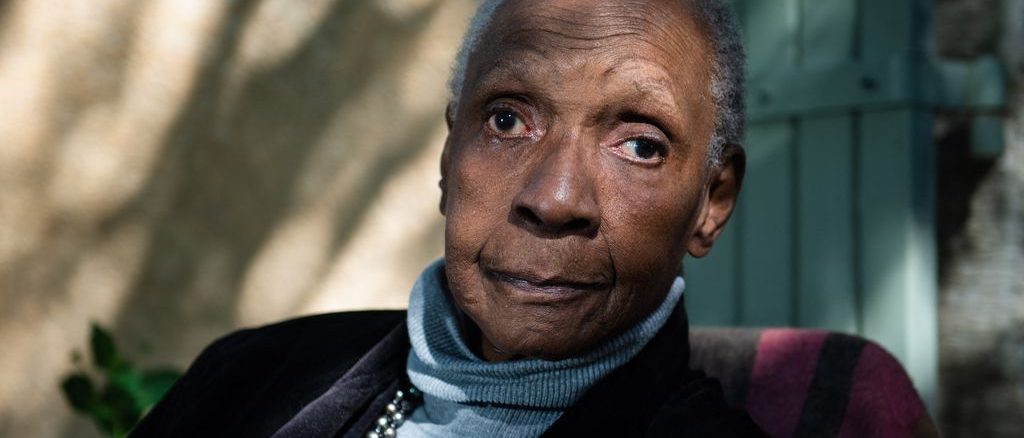
In the early hours of today, the world lost a giant in the literary sphere. Celebrated French author, Maryse Condé, passed away at the age of 90. Her spouse shared this unfortunate news with the AFP news agency, adding that she died in a hospital situated in Apt, north of Aix-en-Provence.
A Renowned Voice in Literature
Known for her provocative pieces probing into subjects such as slavery, colonialism, and African dictatorships, Condé was a pillar of influence in literature, particularly African literature. Her work explored deep issues like corruption in newly independent African states previously under French rule. Condé’s literary journey began back in 1976 when she published her very first work, ‘Heremakhonon’, also known in Dutch as ‘Wait for Happiness’.
The Complexity and Beauty of Condé’s Work
Besides ‘Heremakhonon’, Condé is also recognized for other outstanding works such as Ségou and La vie scélérate (The Deviant Life). Ségou, a two-part series published in 1984, is a historical novel recounting the trials and tribulations of the Traoré family living in the city of Ségou in contemporary Mali. The setting is during the collapse of the Bambara Empire amidst conflicts between Arabs and white slave traders. Her contributions to literature went beyond cultural borders, with her books being translated into multiple languages and reaching bestseller status in several countries. Despite having a knack for writing from a young age, Condé did not publish her work immediately, citing a lack of confidence as the reason.
A Life Spent Exploring Roots
Born Maryse Boucolon in Guadeloupe, part of the French Antilles, Condé grew up in a middle-class black family whose parents were educators and proud members of French culture. Condé herself ventured into Africa in search of her African ancestry. This pursuit saw her move to Paris for studies in English and literature, and thereafter, live in West Africa for over a decade. She had a child with a Haitian journalist, who abandoned her during her pregnancy. She later married Guinean actor Mamadou Condé, and they moved to Africa together.
Condé’s Journey to Wisdom
Life in Conakry, Guinea’s capital, posed several challenges, especially raising and protecting her four children in such a tough environment. This difficult phase of life coincided with the dissolution of her marriage to Mamadou. After a short stint living in Ghana and Senegal, she married British teacher Richard Philcox in 1981. He later became her translator and provided her the peace needed to write. Consequently, she released Ségou two years later, and also lived in New York for two decades before settling in Provence.
A Devoted Daughter of Guadeloupe
Condé had a strong bond with her home country, Guadeloupe. When the committee for the Nobel Prize for Literature was engulfed in an abuse scandal in 2018, an alternative prize, created by Swedish intellectuals, was awarded to Condé. She graciously dedicated the prize to Guadeloupe. Condé felt a deep connection to the island and didn’t see herself as belonging to Africa, Europe, or the United States. Her love for Guadeloupe was immense, and she always declared her unwavering devotion to the island. Her most recent book, L’Évangile du nouveau monde (The Gospel of the New World), published in 2021, was well-received and even nominated for the prestigious International Booker Prize. It tells the story of a child believed to be the “child of God.”

Be the first to comment